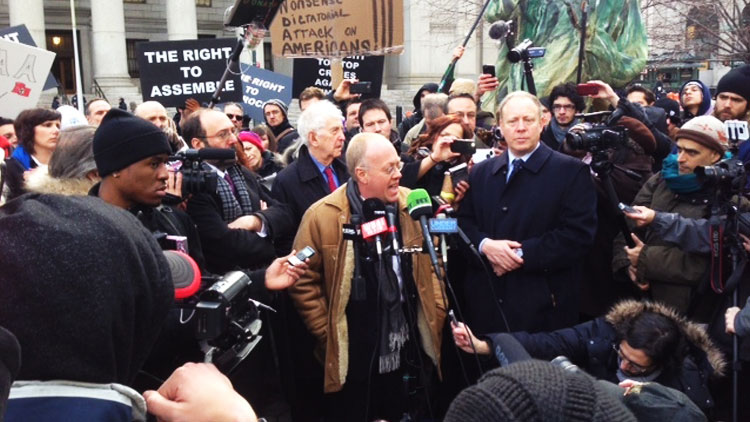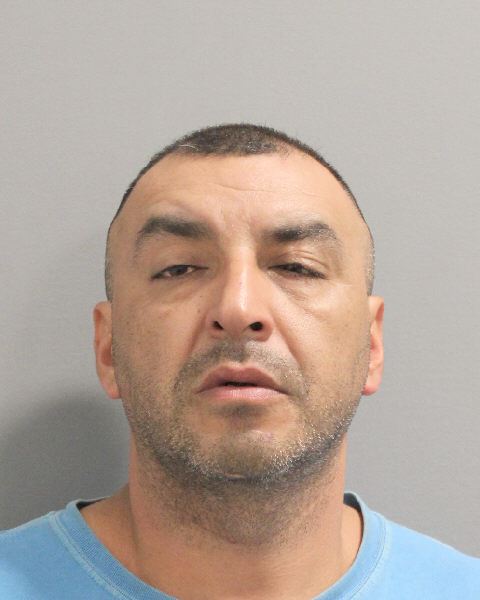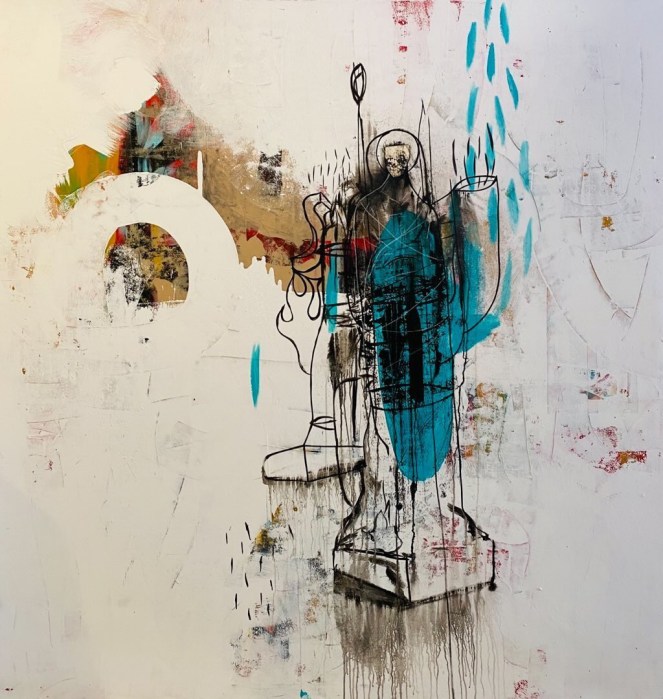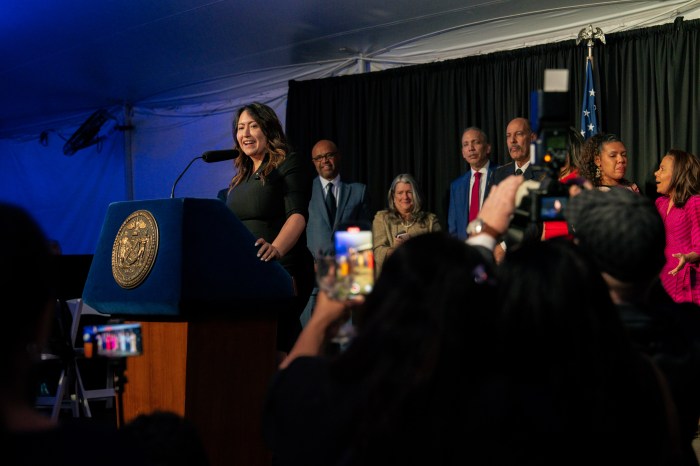The Obama Administration defended the government’s detention authority before the Second Circuit Court of Appeals Wednesday against the contention by a group of journalists, scholars and activists that its vagueness allows for the limitless unconstitutional imprisonment of American citizens.
The hearing was the latest in a battle sparked by Pulitzer Prize-winning journalist Chris Hedges, who filed a January 2012 lawsuit in Southern District U.S. District Court challenging the constitutionality of a provision to the National Defense Authorization Act of 2012 (NDAA), signed into law Dec. 31, 2011, which “provides for indefinite detention of United States citizens and permanent residents taken into custody in the United States on suspicion of providing substantial and/or direct support for persons or entities engaged in hostilities against the United States,” according to the complaint.
CLICK HERE FOR PHOTOS OF NDAA PLAINTIFFS AND PROTESTERS
Linguist and political activist Noam Chomsky, Pentagon Papers whistleblower Daniel Ellsberg, journalist Alexa O’Brien, RevolutionTruth Executive Director Tangerine Bolen, along with Icelandic Parliament member/activist Birgitta Jónsdóttir and activist Kai Wargalla, are co-plaintiffs, represented by attorneys Carl Mayer and Bruce Afron. Supporters dub the seven plaintiffs, including Hedges, “The Magnificent Seven.”
“The Act does not define the terms ‘substantially supported,’ ‘directly supported’ or ‘associated forces,’” it charges, and “is sufficiently broad or overbroad as to cause Plaintiff and similarly situated persons to be in foreseeable jeopardy of being brought within its textual provisions.”
The first round of the lawsuit went the way of the plaintiffs, with District Judge Katherine B. Forrest agreeing, deeming a subsection of the provision, known as 1021, unconstitutional, and issuing a permanent injunction on its implementation of indefinite detention in September 2012. The Obama Administration appealed It the following day; the Second Circuit Court of Appeals issuing a stay on the injunction pending the outcome of the government’s appeal.
Hundreds gathered at the Thurgood Marshall U.S. Courthouse Wednesday, many holding signs, to protest the provision, labeling it an unprecedented attack on civil liberties and violation of First Amendment rights. They filled two larger overflow rooms after the smaller chamber where the proceedings were held ran out of seats, though the audio in one of them was severely lacking and many strained to decipher what sounded like underwater garbling.
Lawyers for U.S. Senators John McCain and Lindsay Graham joined attorneys for the government in presenting oral arguments, during which the three appellate judges pressed both sides of the issue on several details of their positions—pushing the government on its lack of a guarantee that journalists and other citizens wouldn’t be detained under the provision, a concise definition of “independent” journalism, and the plaintiffs on the potential lack of specific language that states they would be.
“This case is one of the most important cases in decades,” Ellsberg told supporters outside the courthouse following the appellate judges’ reserving of their decision, continuing that the provision “overturn[s] 200 years of domestic law to allow the military onto our streets” and hold those suspected “indefinitely.”
“This law seeks to make it lawful to detain U.S. citizens,” said Mayer, who joined Afron, the plaintiffs, Government Accountability Project National Security and Human Rights Director Jesselyn Radack, former National Security Agency whistleblower Thomas Drake and documentary filmmaker Michael Moore later that evening at a two-hour long panel discussion organized by grassroots activism publicity and promotion agency The Sparrow Project.
Topics ranged from the lack of transparency in the case of Bradley Manning, the U.S. Army Private accused of leaking classified materials to Wikileaks and Obama’s use of drones to Occupy Wall Street and major corporations’ stranglehold on elected officials and the legislative process.
Each panelist weighed in on the importance of defeating 1021. O’Brien, founder of the U.S. Day of Rage, talked about an alleged plot to link her group to Islamist fundamentalist movements, a plan exposed on Wikileaks and by confidential sources who apprised O’Brien of this effort. Drake told attendees of the Obama Administration’s attempts to convict him under the Espionage Act and its proclivity to target whistleblowers.
The audience had opportunities to ask all the panelists questions, and Moore—who said he’d contributed to Wikileaks founder Julian Assange’s bail—presented them with one, too, stressing the need for the public to be informed, rally and take action:
“What’s going to be the tipping point?” he asked.
Hedges, a former New York Times reporter and foreign correspondent for more than 20 years who’s covered a host of groups deemed terrorist organizations by the U.S. State Department, said a major problem was that the “corporate coup” has seized the people’s avenues of communication, adding that the Occupy Wall Street Movement is a critical piece of the answer.
“That struck terror in the heart of the corporate state,” he said.
Hedges said he believed the “tipping point,” as he has witnessed in other countries, is “usually something utterly benign,” and stressed the importance of succeeding against 1021.
“What we’re talking about today is the capacity of the U.S. government to make you disappear,” he said.
































